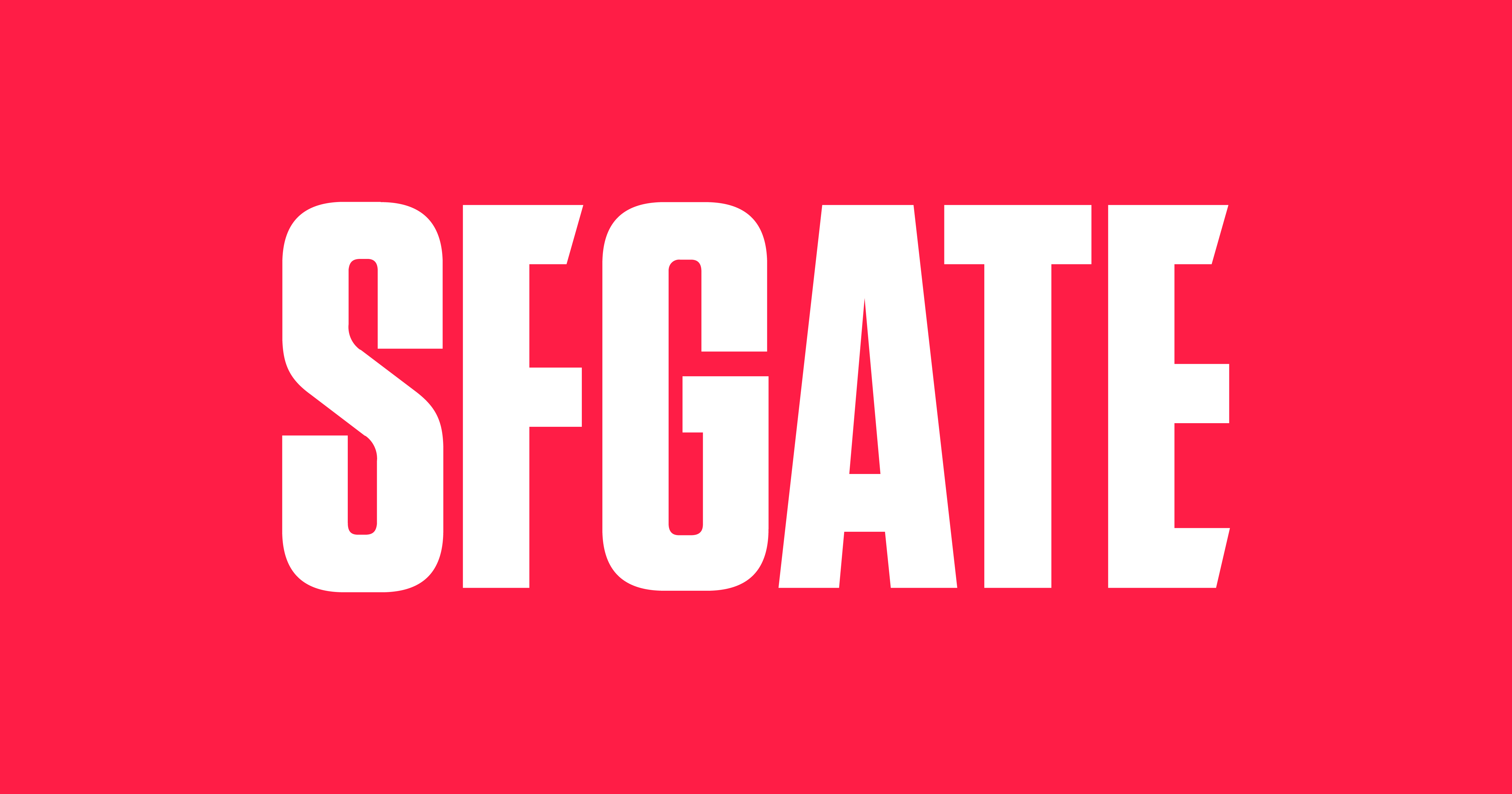
BISMARCK, N.D. (AP) — Gov. Doug Burgum has rejected a plea by North Dakota’s American Indian tribes to give them exclusive rights to host internet gambling and sports betting because it isn’t allowed under state law, his spokesman said Wednesday.
But Burgum did endorse the tribes’ appeal to lower the legal gambling age from 21 to 19 at the state’s five American Indian casinos, and let people use credit or debit cards to bet, spokesman Mike Nowatzki said.
Under the agreement, the state’s five tribes have each pledged $25,000 for gambling addiction programs, he said.
The tribes asked the two-term Republican governor to approve the gambling expansion under tribal-state agreements known as compacts, the first of which was signed in 1992. The current compacts — one for each tribe — expire at the end of this year.
Under the tribes’ proposal for internet gambling and sports betting, gamblers throughout North Dakota could use mobile devices to place bets that would be funneled through computer servers on tribal land. The compact does allow for such gambling within reservation boundaries using mobile devices, Nowatzki said.
Nowatzki said gambling beyond tribal land is not allowed under state law. But the compact has a so-called trigger provision to allow the tribes to offer such gambling if authorized by state and federal law at some point, he said.
A similar compact between Florida and the Seminole Tribe is tied up in federal court after a judge in November found the multibillion-dollar agreement between the state and tribe allowing online betting violated a federal rule that requires a person to be physically on tribal land when wagering.
Cynthia Monteau, a lawyer and executive director of the United Tribes Gaming Association, did not immediately return telephone calls Wednesday seeking comment. The association consists of leaders from each of the state’s five tribes.
North Dakota’s five tribes say their casinos, which typically are among their biggest employers and help fund social programs on the reservations, have been hurt by the explosion of Las Vegas-style pull tab machines that were legalized in 2017 to benefit charities. North Dakotans poured almost $1.75 billion into the machines in fiscal 2022.
Spirit Lake Indian Reservation’s operation in northeastern North Dakota has seen revenue drop dramatically due to e-tabs, said Collette Brown, the executive director of the tribe’s gaming commission.
“We’re not going to get that money back,” said Brown, who believes state and federal law allow for tribes to host internet gambling.
“It was too progressive for (the state),” Brown said. Somewhat of a salve was Burgum’s approval of lowering the gambling age at casinos, she said.
Charities argued at a public hearing last month that allowing tribes to host internet gambling and sports betting in the state — a monopoly worth millions — could effectively end charitable gambling in North Dakota.
State data show the amount of revenue going to charities this year from all gambling activity is estimated at $75 million. That’s more than double that from just two years ago, thanks to increased e-tab wagering.
State tax revenue from charitable gambling also has more than doubled to about $24 million during that time, data show.
The compacts have been forwarded to the Republican-led Legislative Management committee, a 17-member panel of lawmakers that oversees business between sessions.
The panel may only review the compacts and have no authority to change or reject them under current state law, said John Bjornson, the Legislature’s top lawyer.
After review by the committee, the compacts will be forwarded to the U.S. Department of the Interior, which oversees tribal gambling operations.